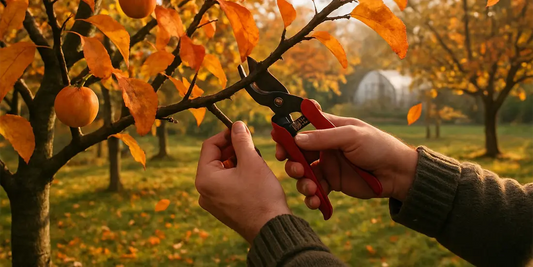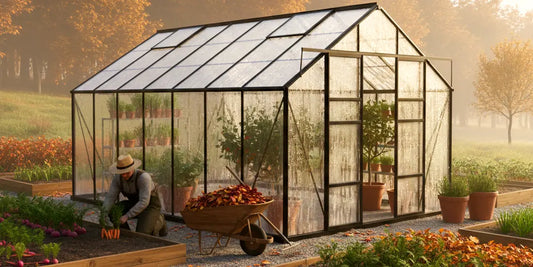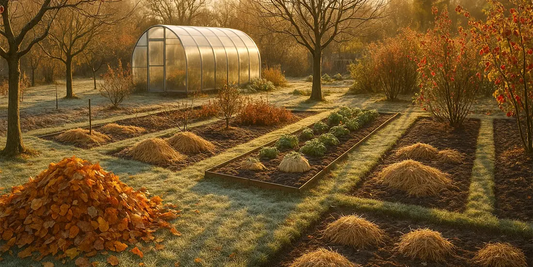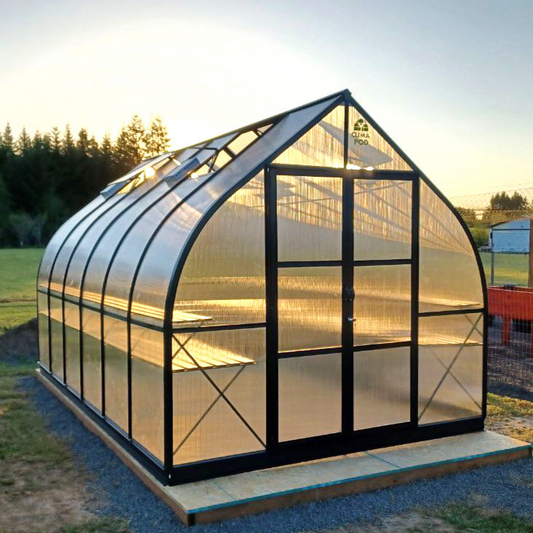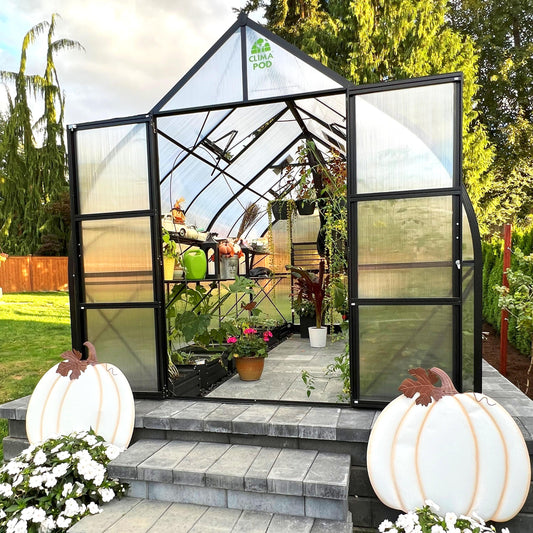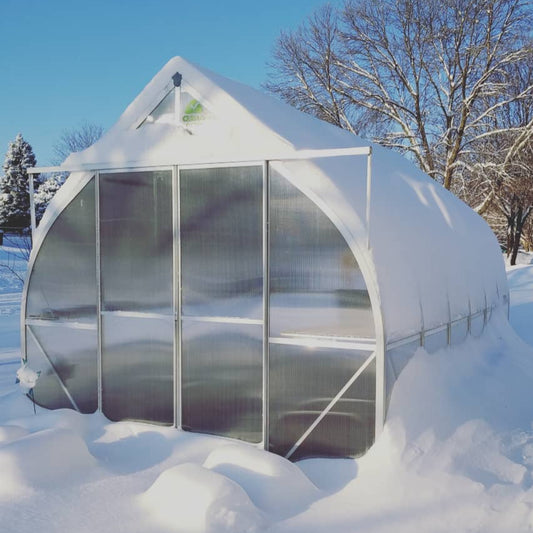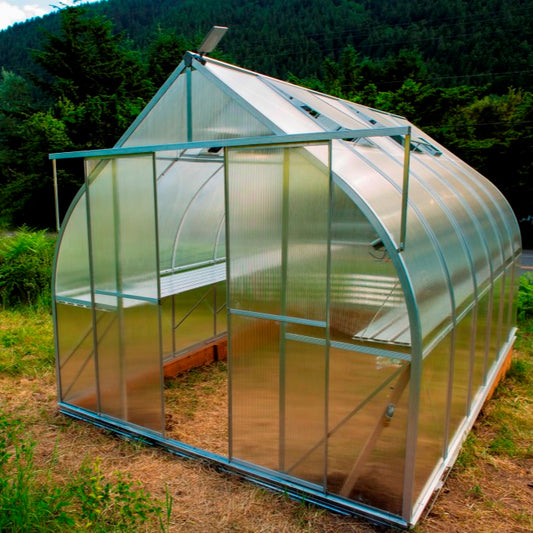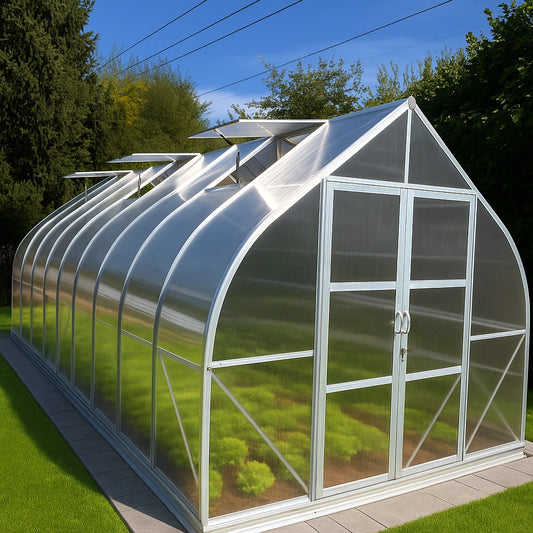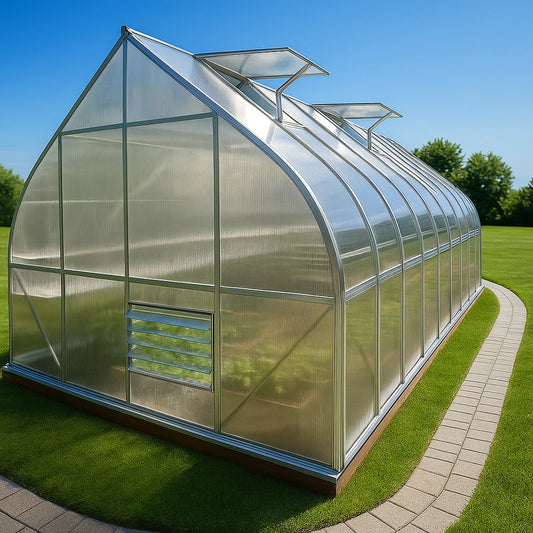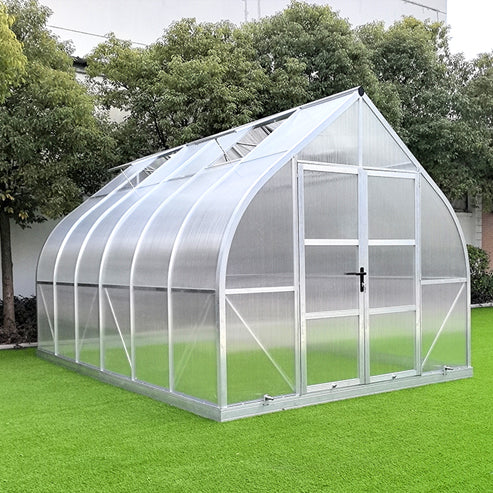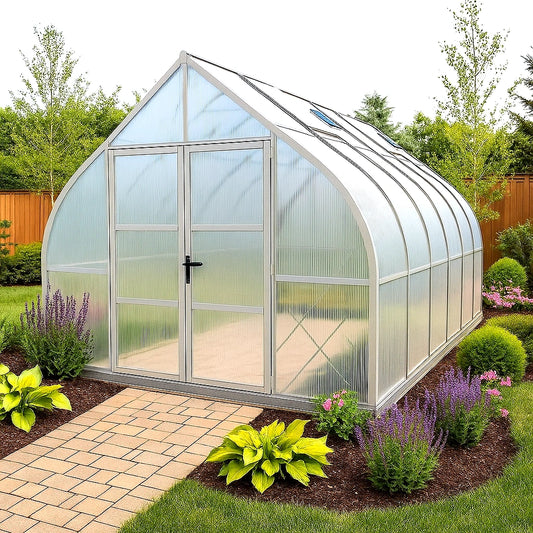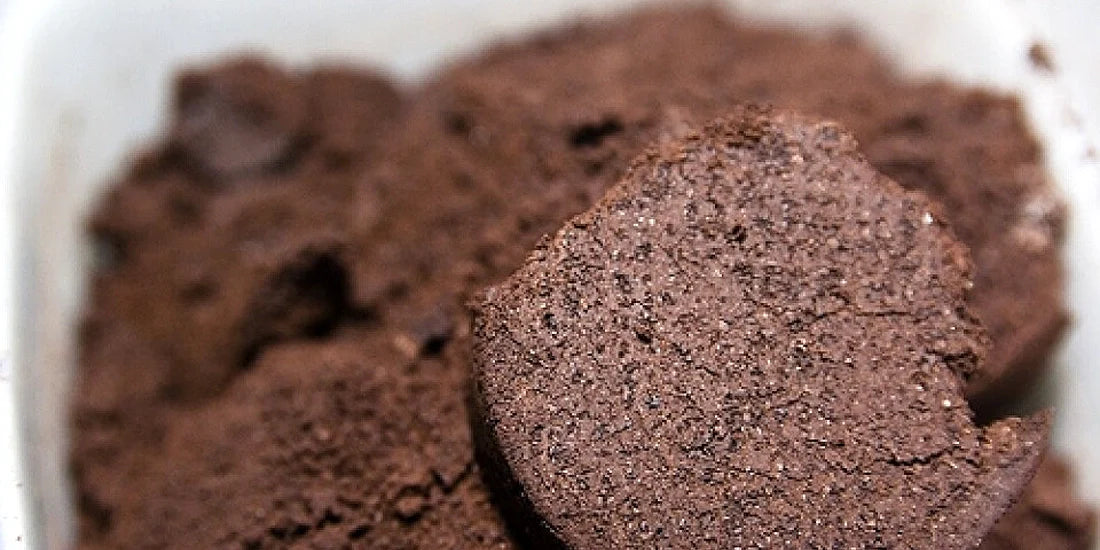
The Use of Organic Fertilizers in Greenhouses: Coffee Grounds
Why Choose Coffee Grounds?
Coffee grounds are a 100% organic and eco-friendly material that can be used as fertilizer in backyard and greenhouse gardening. Unlike synthetic fertilizers, they improve soil structure, provide slow-release nutrients, and support long-term plant health. They are also inexpensive and readily available.
Nutritional Value
Coffee grounds help soil retain water and improve aeration, which is especially important in greenhouse environments. They are rich in magnesium, potassium, phosphorus, and copper, and they contain about 2% nitrogen. While that nitrogen content is lower than chemical fertilizers, the advantage is that it is released gradually, providing steady nutrition over time.
Acidity and Soil Balance
There is a difference between using fresh, unused coffee grounds and used coffee grounds:
- Fresh coffee grounds are more acidic and can benefit acid-loving plants such as blueberries, azaleas, and rhododendrons.
- Used coffee grounds have a near-neutral pH (around 6.5–6.8) and are suitable for most vegetables and flowers grown in greenhouses.
Since brewed coffee grounds have already had most acids washed away, they will not harm plants or alter soil pH significantly.
Impact on Soil Microflora
Mixing coffee grounds into greenhouse soil encourages the activity of beneficial microorganisms, improving soil fertility. They also attract earthworms, which further aerate the soil and enrich it with natural castings. This combination creates a thriving micro-ecosystem that promotes healthy plant growth.
How to Use Coffee Grounds
There are several ways to incorporate coffee grounds into greenhouse gardening:
- Soil mixing – Blend grounds into soil at a ratio of 1 part coffee grounds to 3 parts soil.
- Compost – Add grounds to compost for a balanced, nutrient-rich fertilizer.
- Mulch – Spread a thin, even layer over soil to suppress weeds and retain moisture.
Used in moderation, coffee grounds enhance soil structure without compacting it and provide long-term nutritional benefits.
Summary
Coffee grounds are an excellent organic fertilizer for greenhouse cultivation. They improve water circulation, enrich soil with slow-release nitrogen, and create a healthier environment for plants. As a bonus, the natural caffeine in coffee repels pests such as slugs and snails. For gardeners and farmers looking for a sustainable, low-cost fertilizer, coffee grounds are a simple solution with powerful results.

